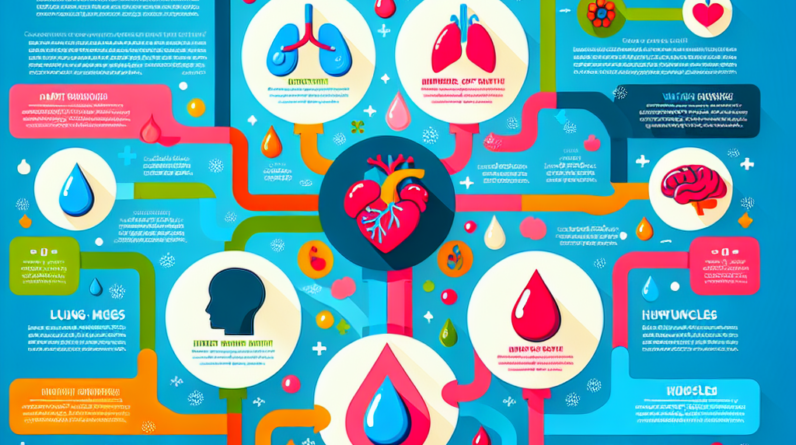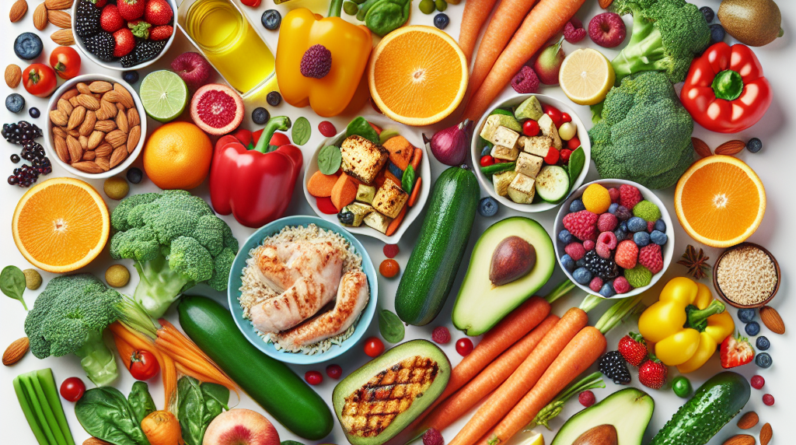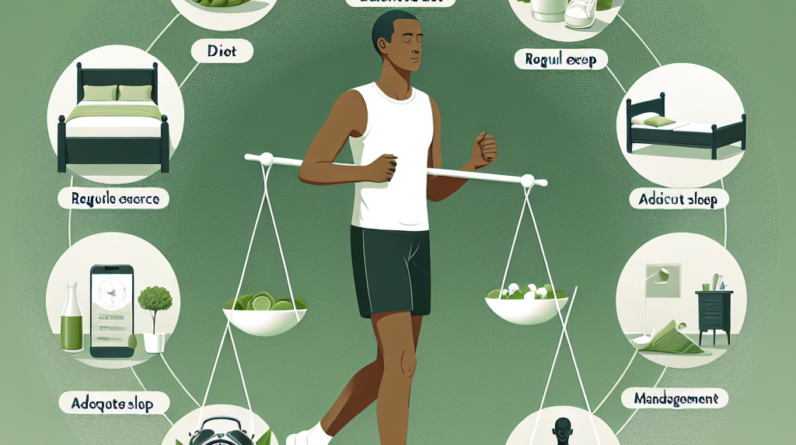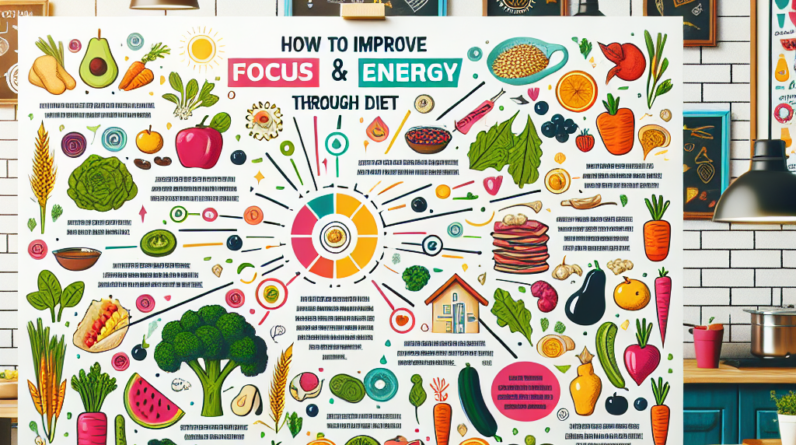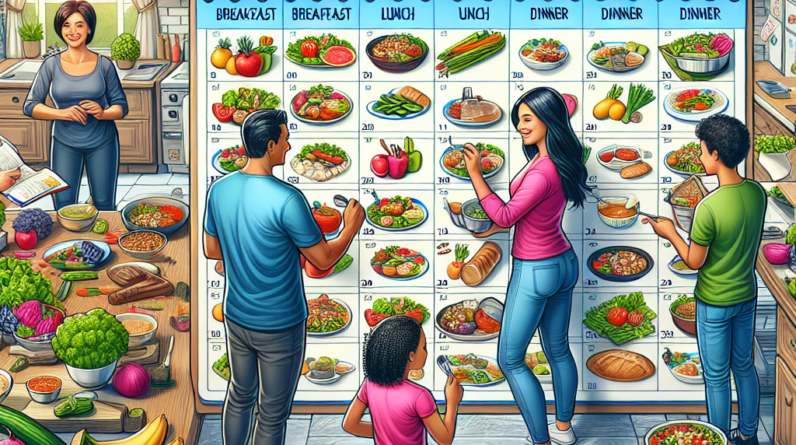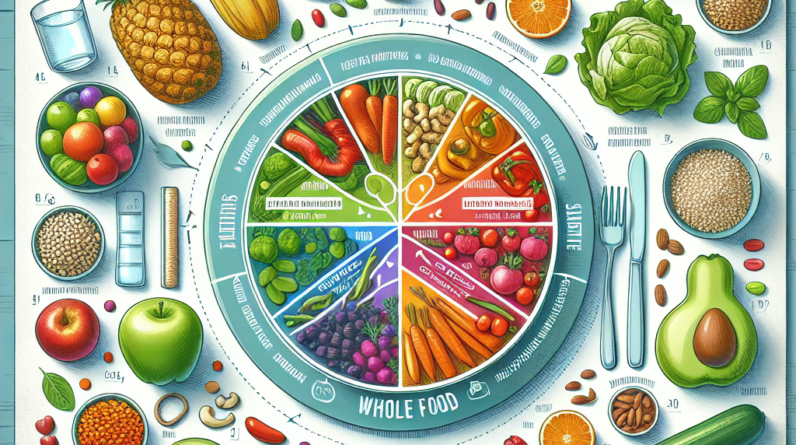
Get a Huge Discount and Bonus! Try for 90 Days Risk Free
What You Need to Know About Whole Food Meal Planning for Optimal Health
- Understanding Whole Foods
- Benefits of Whole Food Meal Planning
- Creating Your Meal Plan
- Overcoming Challenges in Meal Planning
Understanding Whole Foods
What Are Whole Foods?
Whole foods are basically foods that are as close to their natural state as possible. Think fruits, veggies, whole grains, nuts, seeds, and the like. When I say “natural,” I mean no crazy processing or long ingredient lists you can’t pronounce. It’s all about eating things that your grandmother would recognize!
When you dive into the world of whole foods, you start to appreciate the beauty of simplicity in cooking. I love bringing home organic veggies from the farmer’s market and whipping them up just as they are—sometimes just a sprinkle of salt and a little olive oil is all you need to let those flavors shine.
Understanding whole foods also involves knowing where your food comes from. Getting to know local producers and being aware of seasonal produce can greatly enhance your eating experience. Not only does this support your local economy, but it also often results in fresher and tastier meals!
Benefits of Whole Food Meal Planning
Health Benefits
Eating whole foods can serve up a big ol’ plate of health benefits. For starters, they’re typically packed with nutrients, vitamins, and minerals that are crucial for our bodies. And guess what? Less processing means fewer additives and preservatives, which is a win in my book!
I’ve found that meal planning around whole foods has helped me maintain a better weight. They tend to be more filling thanks to their fiber content, and they keep my energy levels steady throughout the day. Who doesn’t love not feeling sluggish after lunch?
Plus, there’s the added bonus of reducing inflammation. Foods like berries, leafy greens, and fatty fish have properties that can really help keep inflammation at bay—another reason to fill my plate with these superstars.
Creating Your Meal Plan
Setting Goals for Your Meal Plan
The first step in creating a meal plan that really rocks is to set clear, achievable goals. Do you want to save money, eat healthier, or simply save time during your week? I remember when I decided to set a goal of only cooking at home for a month. It was a challenge, but incredibly rewarding!
Having specific goals also helps me stay focused when planning meals. I usually sit down every Sunday afternoon with a fresh cup of herbal tea and start brainstorming recipes that fit my targets. I have a little notebook where I jot down ideas, and it’s become a cherished part of my week.
Get a Huge Discount and Bonus! Try for 90 Days Risk Free
Don’t forget to also think about variety! Mixing things up keeps meal times fun and exciting. I make a point to rotate different proteins and veggies each week, just for that vibrant color palette on my plate. We eat with our eyes first, right?
Overcoming Challenges in Meal Planning
Time Management Strategies
Alright, let’s be real: Time can be a thief when it comes to meal planning. Between work, family, and social commitments, it can sometimes feel impossible to stick to your meal plan. I’ve definitely had my fair share of days where my best-laid plans went out the window!
What I’ve found helpful is dedicating a block of time each week just for meal prep. This could be on a Saturday or Sunday—whatever works for you. I chop up veggies, marinate proteins, and even cook a big batch of grains to save time during the week.
Need a Serious Energy BOOST? Huge Discount Try for 90 Days Risk Free
If you’re feeling really ambitious, learning how to batch cook can be a game-changer. You can prepare multiple meals in one go and store them for the week ahead. It feels so satisfying to have a fridge full of ready-to-go meals waiting for you!
FAQ
What exactly are whole foods?
Whole foods are unprocessed or minimally processed foods containing no artificial ingredients or preservatives. They are closer to their natural state, including fruits, vegetables, whole grains, nuts, and seeds.
How does meal planning benefit my health?
Meal planning can lead to healthier choices by keeping you focused on whole foods and minimizing the temptation of convenience foods. It often results in better nutrition, weight management, and even improved energy levels.
Any tips for sticking to a meal plan?
Absolutely! Set clear goals for your meal plan, dedicate time for meal prep, and be flexible. It’s also essential to keep your plans exciting by rotating different recipes and ingredients to avoid getting bored!
What should I consider when creating my meal plan?
When creating your meal plan, think about your dietary preferences, nutritional needs, and available time for cooking. Also, consider seasonal produce and your lifestyle to create a plan that works for you sustainably.
This article provides comprehensive insights into whole food meal planning, organized effectively with subheadings and structured content. It guides readers through understanding the topic, leveraging personal experience and a friendly tone that invites engagement.



